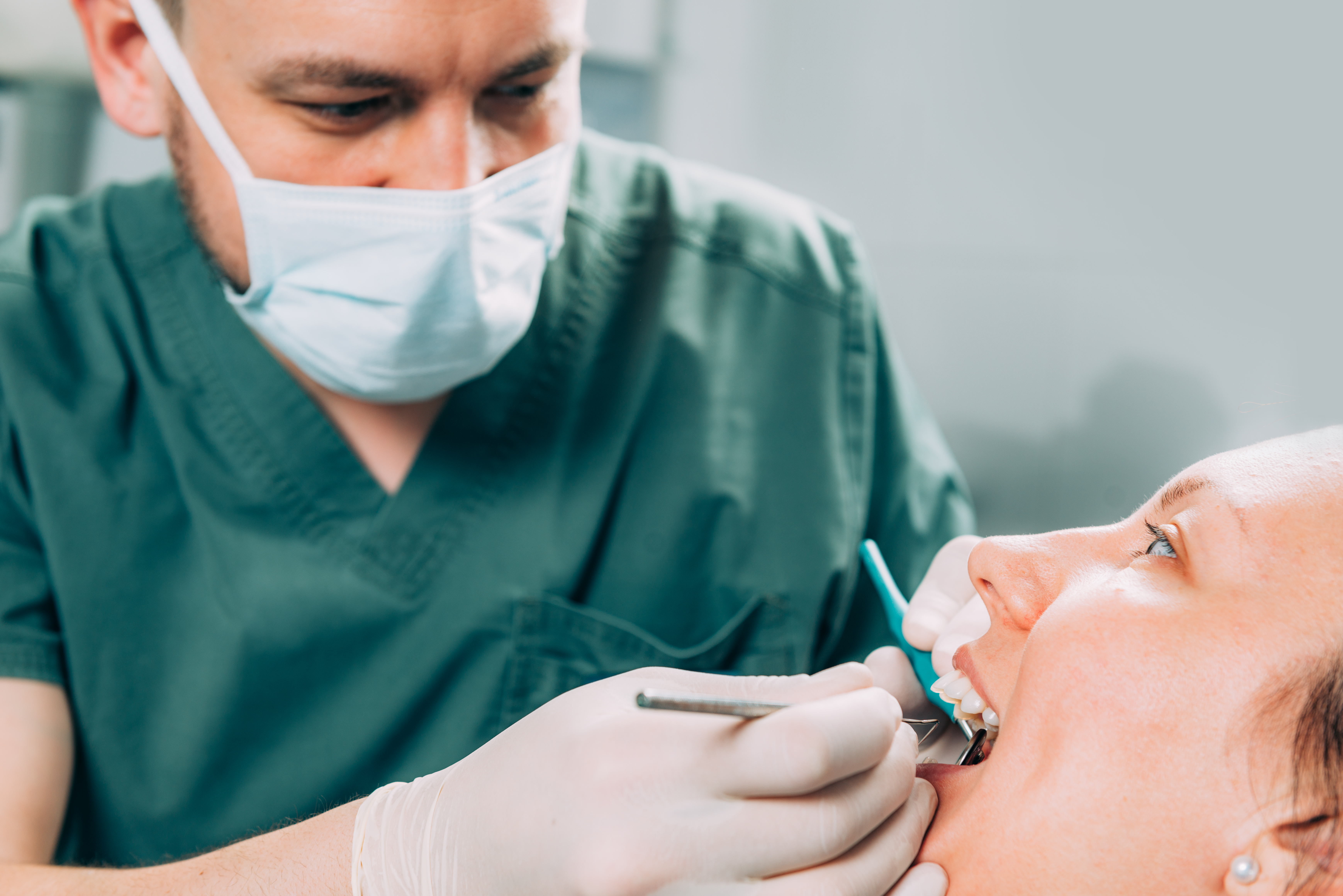Keep Your Teeth: Simple Habits for Post-40 Dental Health
Tooth loss doesn’t happen overnight—it’s the result of daily habits, quietly compounding over time. After forty, your dental health enters a new chapter. The enamel thins, the gums recede, and the risk of tooth loss rises—not dramatically, but gradually, through overlooked routines and delayed care. But here’s the good news: small, consistent choices can make a big difference. That’s why we’ve expanded our guide to 16 practical habits that can gently guard against tooth loss—simple, science-backed practices that preserve more than just your smile. These aren’t drastic changes; they’re mindful shifts that protect your teeth, support your gums, and sustain your confidence. Because healthy aging isn’t just about how you feel—it’s about how fully you can eat, speak, laugh, and live. Ready to keep your smile strong for decades to come? Let’s start with the habits that quietly matter most.
1. Prioritize Regular Dental Check-Ups

One of the most effective ways to prevent tooth loss is to schedule regular dental check-ups. After forty, your teeth and gums require more attention due to increased susceptibility to conditions like gum disease and tooth decay. Dentists can detect early signs of potential issues and provide timely interventions before they escalate into major problems. Regular appointments also allow for professional cleanings, which remove plaque and tartar that daily brushing might miss. By making dental visits a priority, you create a proactive approach to your oral health, ensuring that any problems are addressed promptly and professionally.
2. Master the Art of Proper Brushing Techniques

Brushing your teeth may seem straightforward, but mastering the correct technique is crucial for effective oral hygiene. As you age, it becomes even more important to brush at least twice a day using a soft-bristled toothbrush. The technique matters; ensure you are holding the brush at a 45-degree angle to your gums and using gentle, circular motions. Avoid brushing too hard, as this can damage the enamel and irritate the gums, potentially leading to gum recession and tooth sensitivity. Proper brushing helps remove plaque and bacteria, reducing the risk of cavities and gum disease, which are leading causes of tooth loss.
